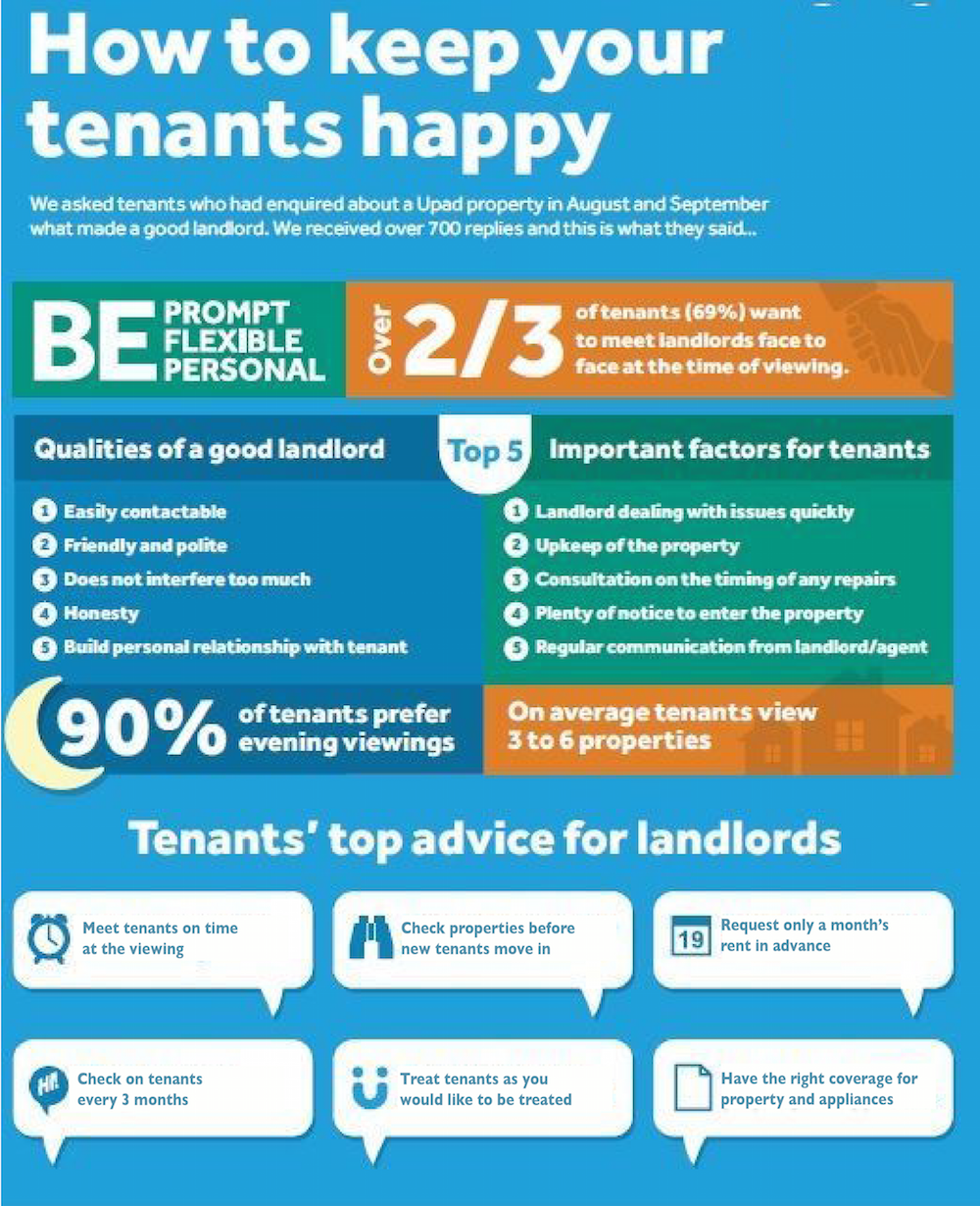Did you know that a typical 200-unit apartment building loses about $150,000 annually to tenant turnover? That’s 8.6 percent of yearly gross operating income. The good news is that nearly 60 percent of all tenant turnover is controllable, and if you’re able to reduce your tenant turnover for the same 200-unit building by just 5 percent, you’ll improve the annual gross operating income of the property by $15,000.
The bottom line, turnover is expensive. Cleaning and preparing a property for a new renter, advertising, interviewing and background check are just a few of the steps that a property manager must take when they lose a tenant, not to mention the loss of revenue while the unit(s) remain empty.

Establish a good relationship with an explicit agreement: Nothing sets the stage for a trouble-free landlord/tenant relationship like an explicit rental agreement. Beyond the monthly rent and utilities, your contract should spell out who’s responsible for what when repairs become necessary.
Be a consummate professional:
If you expect your tenants to treat you with respect, you must be willing to address them in the same manner. Being open, honest friendly and responsive will tend to elicit the same response from those you deal with, including your tenants.
Answer Queries, Concerns, and the Phone Promptly: Most tenants are working professionals themselves, behaving as a professional will set the tone as tenants understand that this is your job and will respond accordingly.
Making your tenants return phone calls your priority regardless of what other tasks you might have at hand. Answering calls within 12-24 hours is a must and will ensure that your tenant’s issue heard promptly and addressed quickly.
Make Your Property Attractive
to Tenants: Making cosmetic improvements may not seem like an essential aspect to you as a property manager, but to your tenants it is the first and last impression that your property makes, so make it a good impression.
Offer Incentives: With the goal of long-term tenant occupation consider offering those tenants benefits such as fresh paint or professional carpet cleaning every couple of years, the payoff is a happy and long term tenant.
When it comes to dealing with problem tenants, deal with them quickly. An unhappy, disruptive tenant can sour your relationship with good tenants if left unattended.
Be Sensitive to Tenant Privacy: Privacy is a big issue for many tenants. Being respectful with your tenant’s privacy is a delicate balance of your rights as a property manager and theirs as a renter. When you need to gain access either for maintenance or other reasons, be sure you give them adequate notice and if at all possible keep inspections to twice yearly. Encouraging tenants to report issues quickly will also engage them in the process of upkeep and help establish a relationship of trust.
Raise Rents Judiciously: At times you will need to raise your property rental rates. Be sensitive to both the rental market and the job market when you make rate increases. If you rented property during a weak rental market and you have leases ending during a stronger market, you may be tempted to raise the rent immediately. Take a moment and weigh your options as well as your tenants. Keeping long term tenants almost always out weights temporary financial gains from raising rents.
Offering incentives to tenants is a great way to increase your chances of getting high-value tenants in your vacant rental units. Doing this not only helps you to get new tenants quickly it also increases the likelihood of your tenants staying longer by placing friends in the same building.
Let Your Tenants Know You Appreciate Them: Long term tenants particularly appreciate small tokens of appreciation. A holiday card with a personal note and little gift certificate is an excellent way to show your tenants that you understand them and can go miles towards tenant loyalty and longevity.

